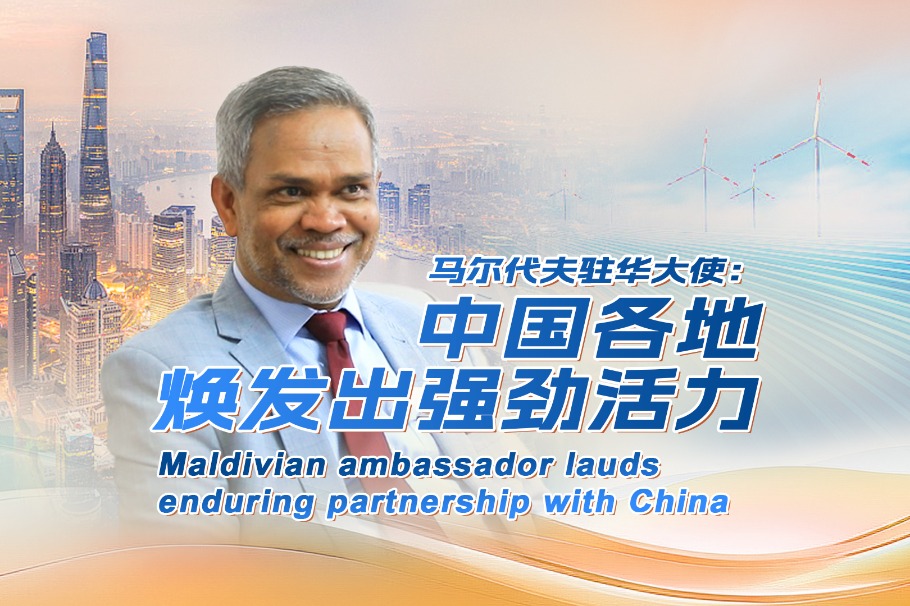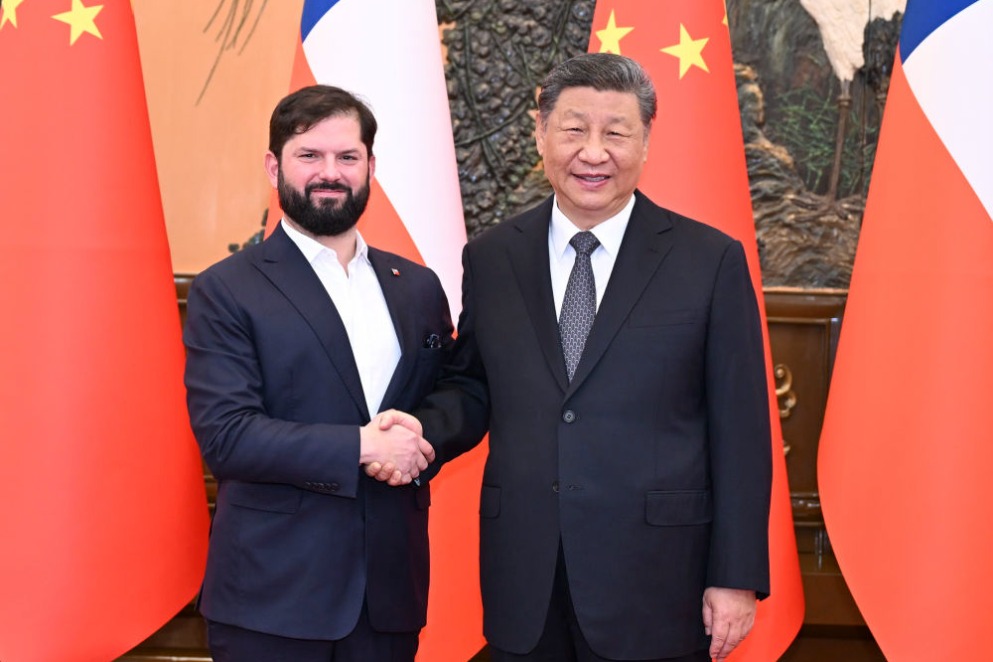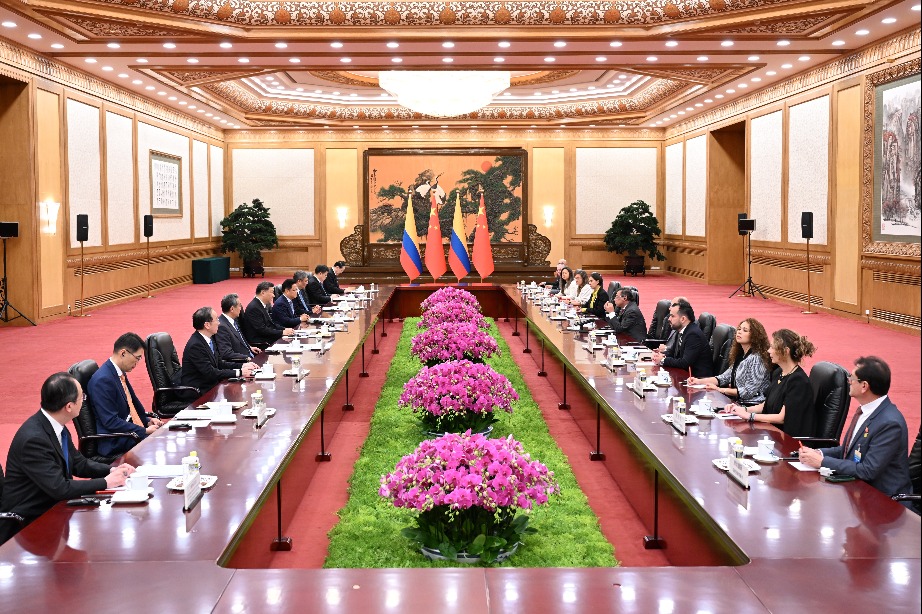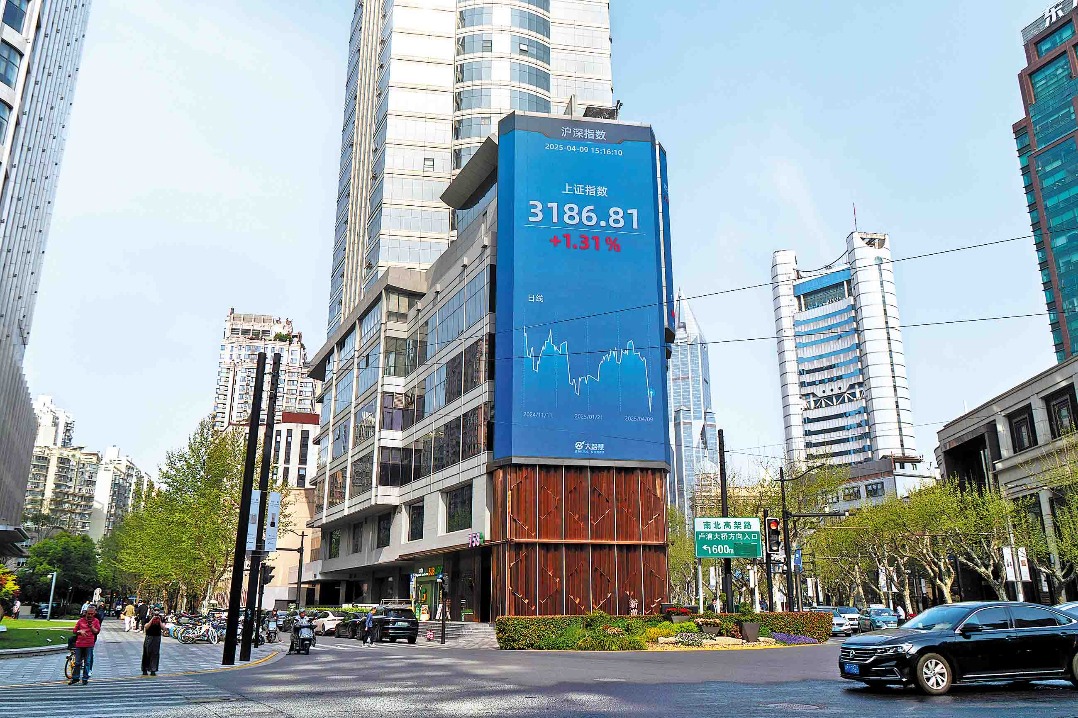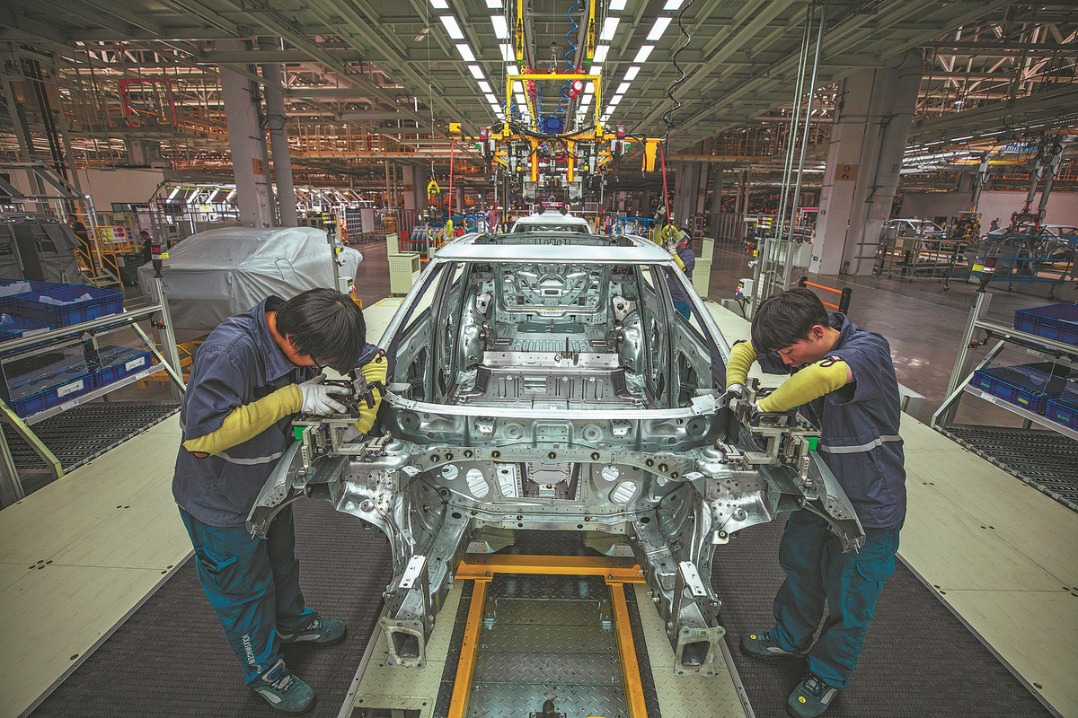Lies, smears and misdirection
West's fabricated China debt-trap claims do not hold water and are simply intended to undermine cooperation between China and African countries

West's fabricated China debt-trap claims do not hold water and are simply intended to undermine cooperation between China and African countries
Editor's note: China-Africa cooperation contributes to the building of a multipolar world, promotes a more equitable and fairer international order and helps shape a world where different civilizations coexist peacefully. Recently, scholars from the Institute of World Economics and Politics and the National Institute for Global Strategy at the Chinese Academy of Social Sciences paid a research visit to Africa. It is hoped that through their dialogues with their African counterparts, the development of China-Africa relations can be promoted.

The remarkable achievements of the Belt and Road Initiative cooperation in Africa and significant progress in China-Africa relations have made the West, especially the United States, panic. They have been using their media in Africa and other countries to spread fake news about China's so-called neocolonialism, debt trap, resource plunder and environmental damage. At the same time, they have proposed "grand" infrastructure plans to counter the Belt and Road Initiative.
Among these smear campaigns of the US and other Western countries, the fabrication of "China's debt trap" stands out. To find out the truth, let's examine the actual debt situation in two major African countries, Kenya in East Africa and Nigeria in West Africa.
Of Kenya's total debt of $70 billion, only $7 billion, or 10 percent, is owed to China, which has built large-scale infrastructure such as the Mombasa-Nairobi Railway and the Lamu-Garissa Road. The majority of Kenya's debt is owed to Western creditors.
The Kenyan president, ministers and think tanks have all rejected the claim that the country is caught in "China's debt trap". Peter Kagwanja, director of the Africa Policy Institute in Kenya, has stated categorically that Chinese investments and cooperation with Kenya should not be undermined by these Western rumors.
As for Nigeria, a debt report published by the Nigerian National Bureau of Statistics at the end of March 2023 showed that multilateral debt accounts for about two-thirds of Nigeria's external debt, while only 9.5 percent is owed to China.
According to reports from international organizations and professional research, the external debt of African countries mainly comes from bonds held by Western private creditors. For example, World Bank data show that out of a total external debt of $696 billion across 49 African countries with available data, multilateral financial institutions and commercial creditors hold nearly three-quarters of the debt.
The African Economic Outlook report released by the African Development Bank in January 2023 pointed out that the aggressive interest rate hikes by the US Federal Reserve last year has led to a sharp depreciation of African currencies against the US dollar, which has greatly increased the debt burden on African countries. For example, Ghana's currency, the cedi, depreciated by one-third against the US dollar last year. The report also emphasized that China's contribution to debt relief under the G20 Debt Service Suspension Initiative has exceeded the combined total of the G7 countries. The latest research from the Johns Hopkins University China-Africa Research Initiative also shows that China has contributed 63 percent of debt relief.
In order to counter and impede the success of the Belt and Road Initiative in Africa, the US has launched a set of "grand" infrastructure projects, including the Blue Dot Network, the Build Back Better World (B3W) initiative, and the Partnership for Global Infrastructure Investment (PGII) plan. However, so far, these projects have mostly been all talk and little action, and some have even fizzled out.
For example, the Blue Dot Network launched by the US, Japan and Australia in 2019 is now almost forgotten. The US put forward the B3W initiative at the 2021 G7 summit and the PGII plan in the following year, with committed investment reduced from $40 trillion all the way to $600 billion. In the first year of B3W, only $6 million was put in place.
The reason why the promises of the US and the West are not followed through is that they lack the capacity to fulfill them. After all, the industrialization stage has long passed for these countries, and they no longer possess strong capabilities in infrastructure and manufacturing, which are crucial for Africa's development. The so-called grand plans proposed by the US and the West are merely intended to counter and impede China's Belt and Road Initiative.
Another fact that counters the smears is that China's construction projects and cooperation in Africa have provided tangible support for Africa's economic development and the improvement of people's livelihoods. Over the years, especially since the implementation of the Belt and Road Initiative, Chinese enterprises have used various sources of funding to build or upgrade over 10,000 kilometers of railways, nearly 100,000 km of roads, nearly 1,000 bridges, and nearly 100 ports in Africa. China has also constructed numerous large-scale power facilities, hospitals, schools, and other livelihood projects.
Starting from 2019, China has remained Africa's largest trading partner for 13 consecutive years. Trade with China accounted for 21 percent of Africa's total foreign trade in 2020. It grew by 35 percent in 2021 and reached $282 billion in 2022. China continues to optimize its trade structure with Africa, remarkably raising the share of technology exports. Machinery and electrical products, as well as high-tech products, account for over 50 percent of China's exports to Africa. China's assistance and contributions have been praised by the governments and people of African countries.
Facts speak louder than words. On-site investigations and reports from international organizations have proved that the claims made by the US and the West are not only baseless and incorrect, but have also been denied and even criticized by Africa. The intention of the US and the West is to hinder China's investment in Africa and the development of China-Africa relations by manipulating public opinion and countermeasures.
However, China-Africa relations are built on a solid political foundation, as well as common goals for growth. With enormous potential for complementary advantages, it is win-win cooperation with a bright future. China and Africa are together in a community with a shared future, and no noise or obstacles can impede the progress of China-Africa cooperation.

The author is deputy director of the Institute of World Economics and Politics at the Chinese Academy of Social Sciences, and a committee member of National Institute for Global Strategy at the CASS. The author contributed this article to China Watch, a think tank powered by China Daily.
Contact the editor at editor@chinawatch.cn.
















